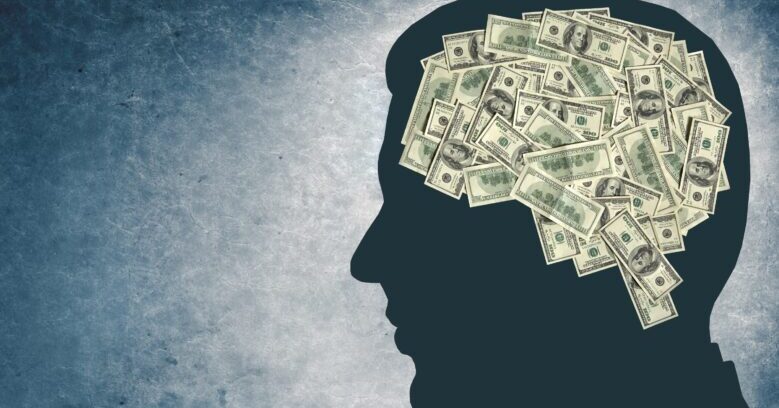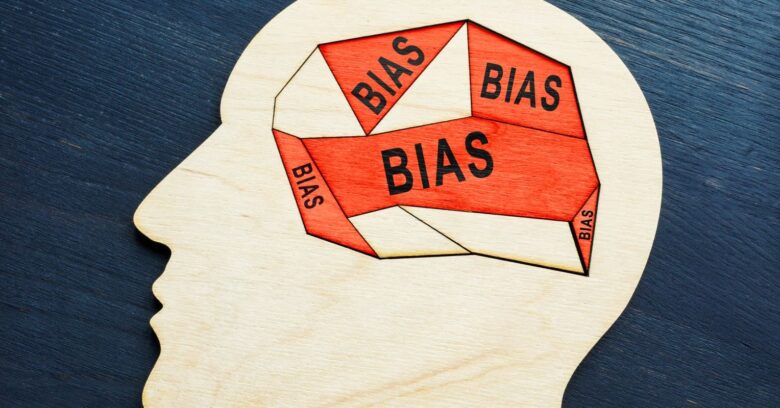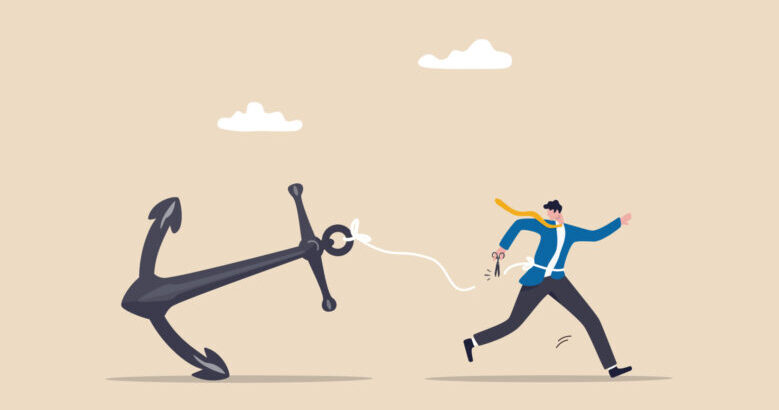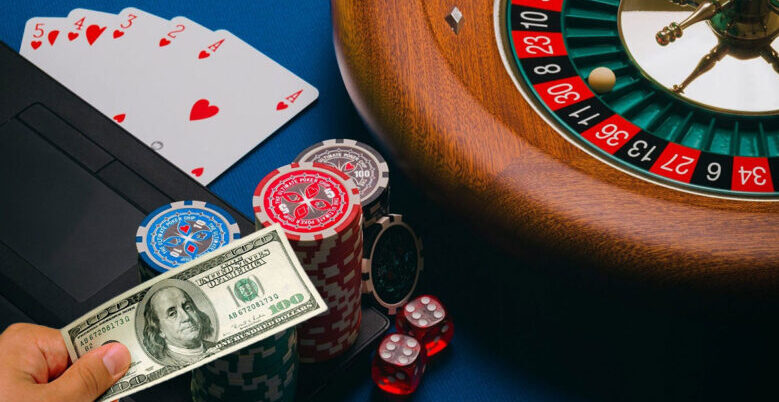Decisions, both trivial and monumental, permeate every facet of our lives. In the vibrant world of online betting, each decision holds the promise of victory or the risk of defeat. However, unbeknownst to many, a plethora of cognitive biases can sway these decisions.
Understanding these biases isn’t merely an academic endeavor; for both bettors and the industry, it’s pivotal to deciphering patterns of behavior and ensuring a balanced betting landscape. Through this post, we delve into the subtle yet powerful influence of cognitive biases on online betting decisions.
Contents
What Are Cognitive Biases?

Source: moneycrashers.com
Cognitive biases are systematic patterns of deviation from norm or rationality in judgment, leading individuals to create subjective reality from their perceptions. Deeply rooted in human psychology, these biases have evolved over millennia, guiding us in quick decision-making scenarios.
However, when it comes to online betting, these very shortcuts of the mind can become pitfalls, inadvertently affecting our choices.
The Gambler’s Fallacy
The gambler’s fallacy is arguably the poster child for cognitive biases in betting. At its core, it embodies the misguided belief that past outcomes, particularly in a streak, can influence future events in games of pure chance. Imagine rolling a dice and getting five sixes in a row; the fallacy would be to think the sixth roll is less likely to be a six, even though the odds remain constant. In betting, this can lead individuals down the treacherous path of ‘chasing losses,’ often with calamitous financial repercussions.
Confirmation Bias in Betting

Source: psychologytoday.com
Our beliefs and strategies serve as protective bubbles, shielding us from realities that might otherwise rupture our worldviews. Confirmation bias, as its name suggests, confirms these protective barriers, ensuring they remain robust. Within the betting arena such as GGbet-online.net, gamblers’ decisions are significantly influenced by this bias.
They often filter information, unconsciously seeking out details that match their pre-existing beliefs and conveniently ignoring opposing data. Consider the bettor who’s convinced of a particular horse’s luck.
If this horse wins a few races, they might place undue emphasis on these victories, glossing over any losses or lackluster performances. This selective attention ultimately creates a distorted view, which might not represent the horse’s actual capabilities.
Overconfidence Bias
Much like the ancient story of Icarus, overconfidence bias results from an inflated sense of one’s own abilities. In online betting, a short succession of victories can trick bettors into thinking they’ve mastered the art. This false sense of expertise, born from a handful of successful outcomes, often emboldens them to make heftier and far riskier bets. They might assume they’ve discerned a pattern or cracked the system, sidelining the reality that many gambling games are rooted more in randomness than in tangible skill.
Anchoring Effect

Source: vecteezy.com
The intricate workings of the human psyche constantly seek stability, often in the form of reference points or ‘anchors’. These anchors, once established, influence our subsequent decisions and judgments. In betting, such anchors can be particularly misleading.
A significant initial win might cement itself as a reference point, leading bettors to anticipate similar or even grander victories in the future. Consequently, they may maintain high betting amounts, firmly anchored to that initial success, even if their subsequent bets result in losses, perpetuating the false belief that another substantial win is just around the bend.
Loss Aversion
Humans, by nature, are adverse to losses. The emotional sting from losing a sum of money often overshadows the pleasure derived from an equivalent gain. This psychological phenomenon, known as loss aversion, can distort betting behaviors.
Bettors, in their quest to offset a loss, might place increasingly riskier bets, assuming that they can not only recover but surpass their initial investment. This cycle, driven by the dread of loss, exponentially elevates the risks involved and can rapidly spiral into a destructive pattern.
The Availability Heuristic

Source: psychologytoday.com
The availability heuristic demonstrates our propensity to rely heavily on immediate examples when evaluating a particular topic or decision. In the realm of betting, this can be especially deceptive. If a bettor witnesses or hears about a massive jackpot win, they might erroneously believe such outcomes are frequent.
This perceived frequency, born from a single prominent example, can induce bettors to make hasty, impulsive decisions, driven by the misplaced belief in the commonality of such outcomes.
The Role of Emotions
While cognitive biases play a dominant role, the influence of emotions in the betting domain cannot be understated. Emotions often amplify the effects of these biases, making their impact even more potent.
The euphoria following a win, the gut-wrenching feeling after a loss, or the heart-pounding sensation of a ‘near-miss’ can cloud judgment, pushing logic and strategy to the background. Such intense emotional states can dictate betting behaviors, often leading to decisions that might not align with one’s rational self.
How the Betting Industry Utilizes Biases

Source: anurag.edu.in
Companies in the betting industry, backed by robust research, are acutely aware of the cognitive biases that influence their clientele. Leveraging this knowledge, they craft games, promotions, and marketing campaigns that subtly play on these biases.
‘Limited time’ offers capitalize on our fear of missing out, while games designed to provide ‘near-miss’ experiences exploit our optimism bias. These tactics, rooted in human psychology, are employed to enhance user engagement, boost playtime, and consequently, amplify industry profits.
Mitigating Cognitive Biases in Betting
Awareness remains the most potent weapon against the influence of cognitive biases. By actively acknowledging these biases, bettors can strive to make more measured decisions.
Effective strategies encompass setting unyielding budgets, consciously staying away from alcohol during betting (as it can impair judgment), and periodically taking breaks to reassess one’s strategies and decisions. With the whirlwind of excitement that betting brings, it’s crucial to anchor oneself in informed decision-making and responsible behavior.
Conclusion
The fascinating world of online betting, though filled with thrill and anticipation, is also rife with cognitive traps. While these biases pose challenges, understanding them provides bettors an arsenal to navigate the betting landscape more adeptly. As you place your next bet, remember to meld the excitement of the game with a critical, informed approach.
Since it is important to make decisions while online betting, we recommend you read our article that will help you with understanding the psychology of smart decision making further improving your skills.
